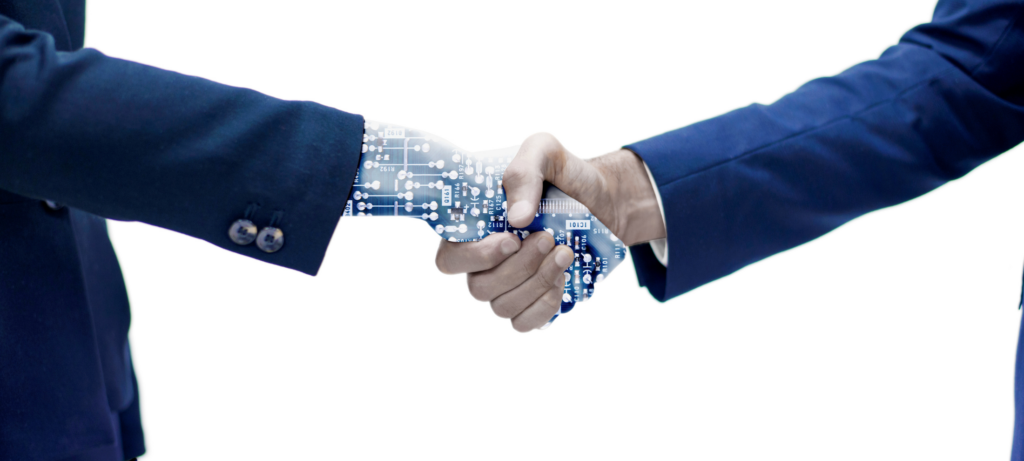
In recent years, artificial intelligence (AI) has become an integral part of many aspects of daily life, including the recruitment process. While recruitment processes used to rely solely on humans, the introduction of AI has radically transformed how candidates are selected. In this article, we will explore how AI is impacting the recruitment process, its benefits and challenges, and how you can adapt to these changes.
How does AI work in recruitment?
AI uses a variety of tools and techniques to improve the recruitment process. These tools include:
- Resume Analysis: AI programs analyze resumes faster and more accurately than humans. These programs can identify keywords and skills required, which helps in screening applicants effectively.
- Virtual Interviews: Some companies are using AI to conduct virtual interviews, where algorithms analyze body language and tone of voice to evaluate candidates.
- Big Data Analysis: AI can analyze large amounts of data to identify trends and patterns in the job market, helping companies make informed hiring decisions.
Benefits of Using AI in Recruitment
- Increased Efficiency: AI speeds up the candidate selection process, saving hiring teams time and effort.
- Improved Accuracy: Thanks to data analysis, AI can reduce human biases, leading to more objective candidate selection.
- Experience Personalization: AI can provide personalized experiences for candidates, such as providing information about suitable jobs based on their skills and experience.
Challenges Associated with Using AI
- Algorithmic Bias: AI, while capable of reducing human biases, can also inherit and perpetuate biases present in the data it was trained on. This is known as algorithmic bias, and it’s a significant challenge in AI-driven recruitment. It’s important to be aware of this issue and to advocate for fair and unbiased AI systems.
- Loss of the Human Touch: Over-reliance on technology, particularly in the form of automated communication and evaluation, can lead to a loss of human connection in the recruitment process. This can negatively impact the candidate experience, making it feel impersonal and detached. It’s important for companies to balance the efficiency gains of AI with the need for a human touch in recruitment.
- Adapt to Change: Candidates will need to learn how to adapt to the AI tools companies are using, which may require new skills. These skills could include understanding how to optimize your resume for AI screening, or how to effectively communicate in a virtual interview setting.
How to Adapt to the Impact of AI
- Tweak Your Resumes: Make sure your resume contains the right keywords that align with the job requirements. Use clear and precise language.
- Improve Your Tech Skills: Be prepared to learn how to use digital tools and new technologies that companies may use in the hiring process.
- Prepare for Virtual Interviews: Practice conducting video interviews and be aware of how to communicate effectively with algorithms that may be evaluating your performance. We suggest you to read: Unconventional Resumes: How to Stand Out in the Job Market
Conclusion
Artificial intelligence has radically changed the way candidates are selected in the modern job market. While it offers many benefits, we must be aware of the challenges associated with it. By understanding how AI works and being prepared to adapt to these changes, you can increase your chances of getting the job you are looking for. Here is another intersection and informative topic: AI in Recruitment – Everything you need to know – Jobylon
